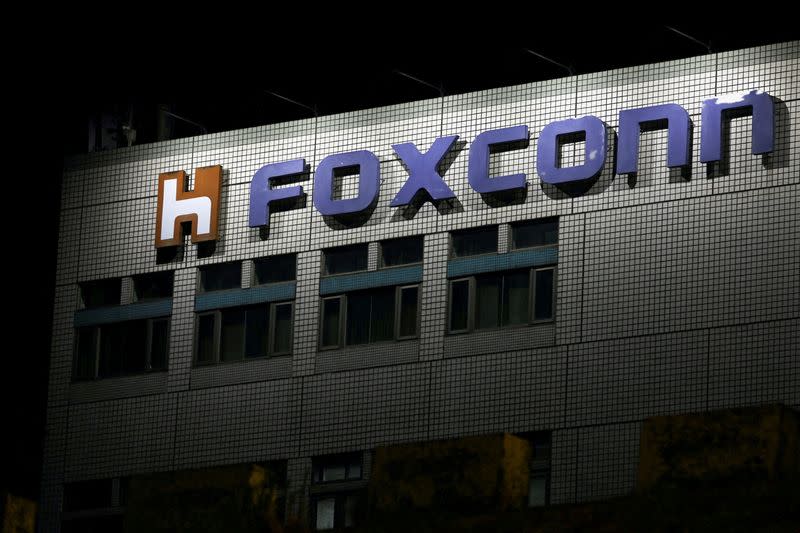Apple supplier Foxconn and other manufacturers operating in Vietnam have been asked to ‘voluntarily’ cut back on their use of electricity in an effort to prevent a power shortage in coming months.
Authorities asked Foxconn to cut its use of power by 30% at assembly plants in north Vietnam, where electricity outages led to huge losses for firms last year.
The request was “an encouragement”, not a requirement and has not impacted production, sources told Reuters.
Also on AF: US, EU Must Act Jointly on China’s Industrial Overcapacity: Yellen
Foxconn, the world’s largest contract electronics manufacturer, has half a dozen plants in northern Vietnam. One of the plants, in Bac Giang province, involves assembly of Apple MacBooks and iPads, local authorities say.
Reuters’ sources did not specify who sent the requests to Foxconn to cut back its power use. But state-owned provincial power distributor Bac Giang Power Company (BG PC) said in March it had asked industrial parks and authorities “to coordinate in implementing electricity savings,” a statement on the website of power regulator ERAV showed.
BG PC deputy director Do Binh Duong, in a separate statement, said “adjustment of power loads, adjustment of production plans and electricity saving implementation of enterprises will have a great impact on the power system”.
‘Averting’ billions in losses
The request for energy-saving measures comes after a heatwave in May and June last year caused widespread power blackouts in the north.
The blackouts hit several manufacturers including Foxconn, Korea’s Samsung and Japan’s Canon. World Bank preliminary estimates showed the power shortage resulted in $1.4 billion worth of loss, or 0.3% of gross domestic product.
The situation became a major cause for concern among global firms looking to set up operations in Vietnam, some of whom were de-risking operations from China amid its increasing tension with the US.
Last month, Apple promised further spending in the country, where over the past year it has raised its number of suppliers to 35 from 25.
Meanwhile, Vietnam also relies on foreign investment for economic growth and has been trying to attract energy-intensive industries, such as semiconductor manufacturing.
Firing up coal plants
In March, foreign chambers of commerce urged the government to guarantee power supply, with South Korean’s KoCham saying semiconductor companies had delayed investment decisions because of power supply risk.
That same month, Prime Minister Pham Minh Chinh pledged to foreign investors that power shortages would not happen again.
In keeping with that pledge, the Vietnamese government has asked coal-fired power plants to delay maintenance to meet higher electricity demand in the hottest months, sources said.
And while weather conditions are less challenging than in 2023 authorities are still encouraging energy-saving to avoid shortages.
Such measures appear to differ nationwide, however.
An official at an industrial park in another northern province said manufacturers have been asked to reduce power consumption on some days this month.
- Reuters, with additional editing by Vishakha Saxena
Also read:
US Chip Firms Looking to Invest $8bn in Vietnam, Official Says
Vietnam Growth Slips on Exports Drop, Anti-Corruption Push
Chip Giant Nvidia to Boost Ties With Vietnam Tech Firms
Intel Cancels Vietnam Chip Operations Expansion Plan
Chinese Investment in Vietnam Doubles, As US Trade Eases
Vietnam Sees Foreign Investment Double in Factory Build Boom
Vietnam to Execute Real Estate Tycoon for Record Fraud – AP
























